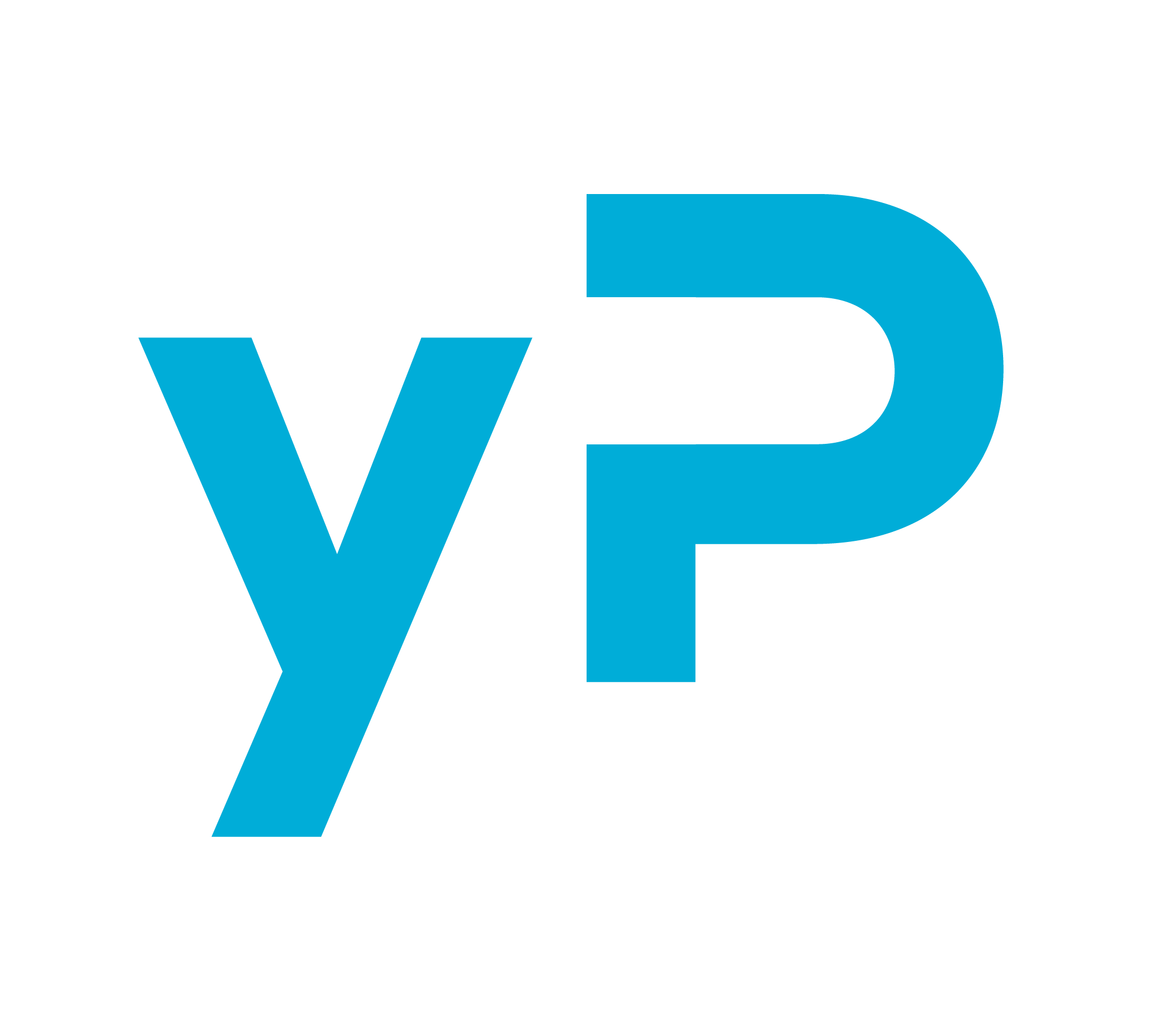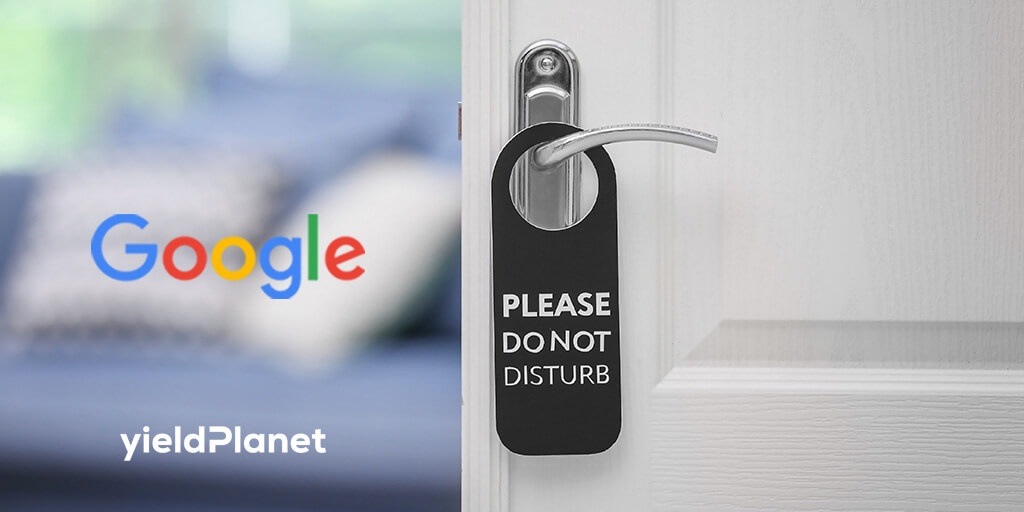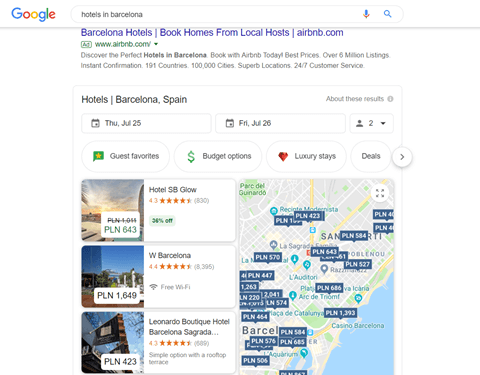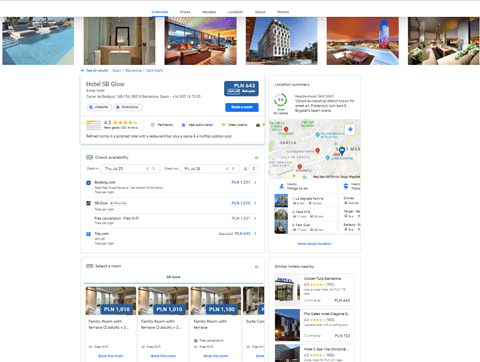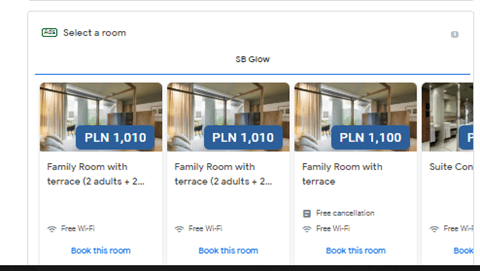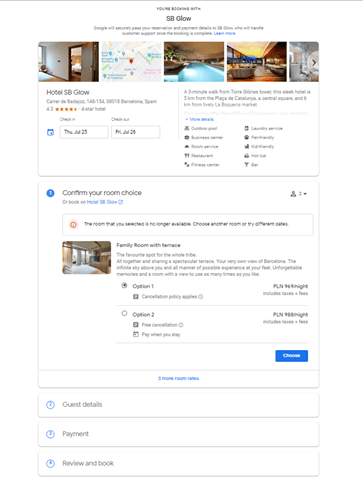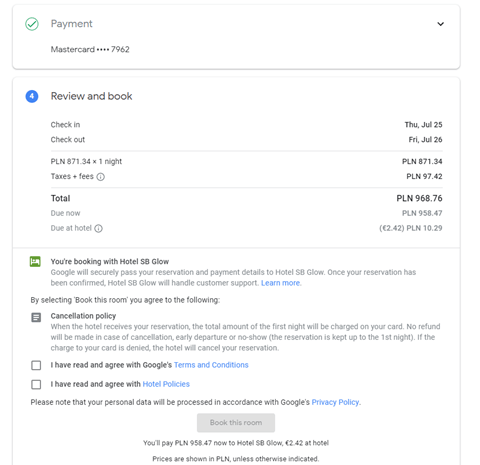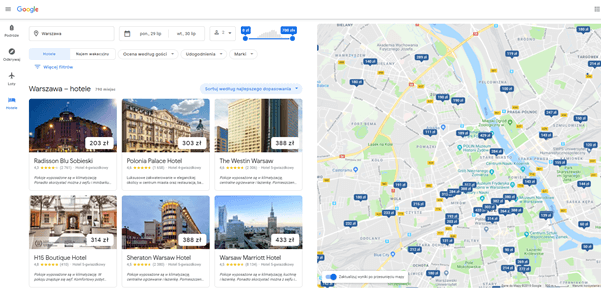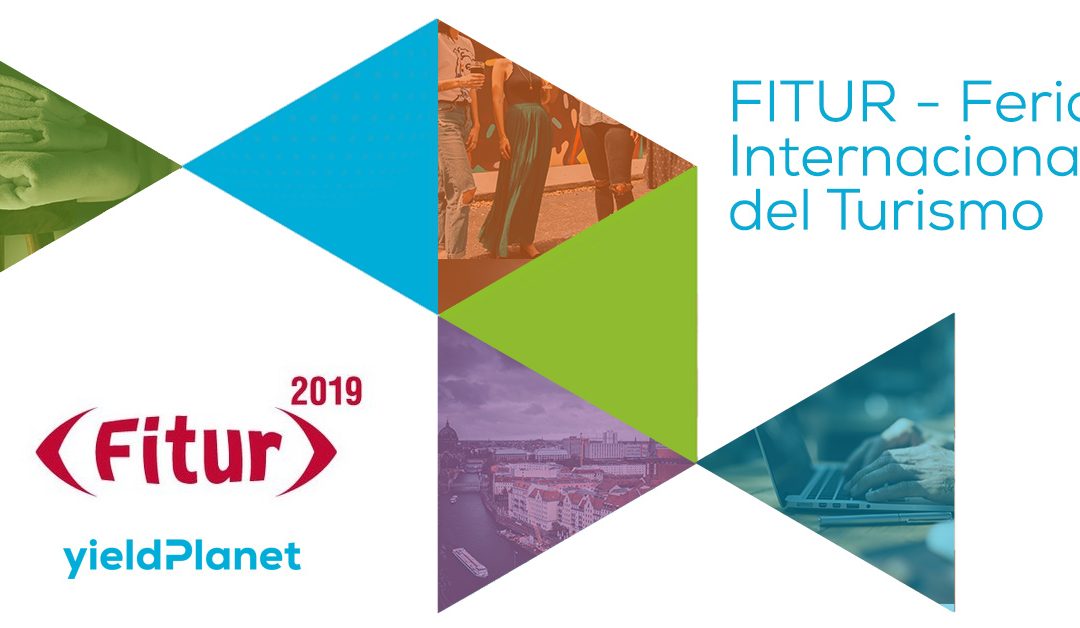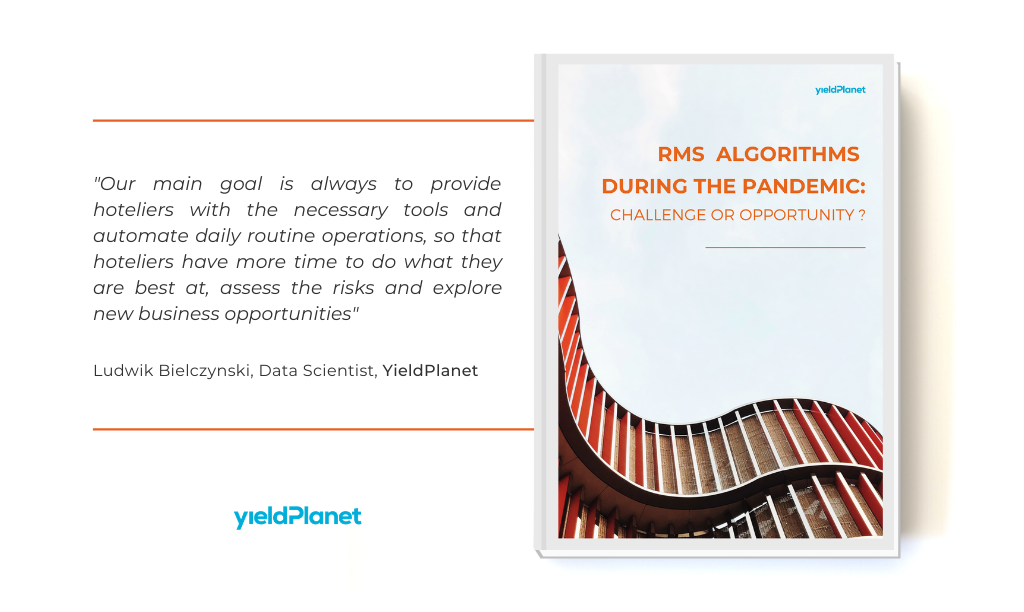
Strategies for hotel revenue managers in COVID times: brace your business upfront! Part I
The spread of the coronavirus SARS-CoV-2 followed by the lockdown of many countries around the world is obviously very difficult for the whole travel industry. We understand you are doing your best to save your business. As travel and hotel enthusiasts, it hurts us to see how the hard work you all are putting into your businesses every day is overshadowed by the COVID-19 crisis.
After the most urgent things are done, this is the time for all of us to concentrate on the future, be strategic and prepare for the time when the situation gets back under control. When it happens, you will be again very busy restoring your business to operations.
Therefore our team of experienced and certified revenue managers has prepared a list of the tips and recommendations of what you can do to start getting ready for the market bounce back already today and outpace your competitors.
- Revenue management
Switch to flexibility
In conditions of instability, it is very important to allow your guest to choose a flexible rate at an affordable price. People will be still afraid to make plans, so definitely they will prefer flexible rates during the next few months. It is necessarily important to check the restrictions for flexible rates as well. Each hotel may have a different situation, but on average it is advisable to give the possibility of free cancellation 2-3 days before arrival. In case of late cancellation, the penalty should not exceed the first night.
Check your pricing structure
Review the pricing structure until the end of the year. Make sure that your Best Available Rate is available at all OTA. If you have a rate shopper, compare prices based on a refund rate. We are not recommending dumping the prices, but maybe for some dates, you should make adjustments. Some hotels build their pricing policies based on non-refundable rates, so, if that is your situation, please take a look at that. Try to find a balance between your rates and offer just 1 or 2 options with flexible conditions. Only closing the non-refundable rate and leaving the “unattractive” refund rate is not the right option. Make the flexible rate affordable and competitive.
Get used to more cancellations
Unfortunately, as you offer now free cancelation, expect to receive more cancellations than usual during the next few months. Offer upfront easy rescheduling of the booking instead of simple cancellation. When it comes to people’s health, all other plans take second place and guests will appreciate your understanding and kindness. Be patient, give people time to recover from the situation and high indicators will back to you again.
Extra tips:
Keep the non-refundable rates still available especially for higher room categories. That way you will be able to examine the customer’s behaviour and have the clear data for market recovery. But make sure you always offer the best price for the cheapest categories with a free cancelation. This will bring you up on any OTA search results.
2. Distribution
Extend the distribution period
Check your rates and availability for at least next year and make sure you are offering the possibility to make a reservation in your hotel in a long-term distance.
YieldPlanet’s Channel Manager offers an opportunity to distribute future rates without limits. Being presented on the long-term perspective is a must for every hotel. Not every channel will accept rates for a very long distance but make sure you are fully using the it’s capabilities.
Review your integration list
Use your channel manager’s help. Check the descriptions and rates on various resources where you are already presented. In parallel, start monitoring the integration list, available for connection. Pay your attention to B2B channels as well. These channels are not available for any “customer eye”, but they have a wide base of users and can bring you good income.
The increasing audience will help you to get more bookings not only through this new channel but also to expand the base of loyalty guests in the future, it will give you more visibility and advertising. The channel diversification is one of the key elements to maximize your revenue and keep the balance between customer segmentation.
Concentrate at your future guest
How can you choose a new channel? The first step is to identify the target customer for your hotel (geographic and demographic zone, the purpose of his stay, his budget). You should take into consideration the fact that the profile of your customer can change now. Crisis will influence travelling budgets and travel restrictions might modify the addressable market.
Having mapped out your target area, imagine the way your future guest is looking for accommodation. Try to follow his steps in the search. Review the properties listed at the new channel you’ve found (your competitors, target group), check the connectivity list of your channel manager and if they have this channel, ask for work conditions. Remember to calculate the net profit of the reservation you will receive and check all conditions before signing a contract. It is always a good idea to stay in touch with your competition. That way you can exchange the information and ask their opinion about certain channels.
Corporate business
From the data from China, we can see that the corporate travel segment was the first one to recover. Make sure you have a targeted offer for this type of guests and you can reach them on suitable channels. Use the time to negotiate the contract with the GDS if you were not present there before (check the connections available at the integration list).
Some of the traditional online channels you work with can offer you as well the special program for Business guests. Being presented in the list of the hotels recommended for business trips can bring you not only higher occupancy when the tourist demand is low but increase your visibility showing your hotel to many people across the world.
Invest in automation
You will not have time for any manual work during the hotel reopening. Make sure your channel manager is sending reservations to the PMS and availability are updated accordingly. This will help you to use the time of your staff more efficiently which will become more important than before.
Implementing the real dynamic pricing is only possible if you do it 24/7. Look for good revenue management systems which are fully automated and can offload you.
We have a special Price Optimizer Revenue Management System helping program where we offer 3 months for free. Learn more below:
